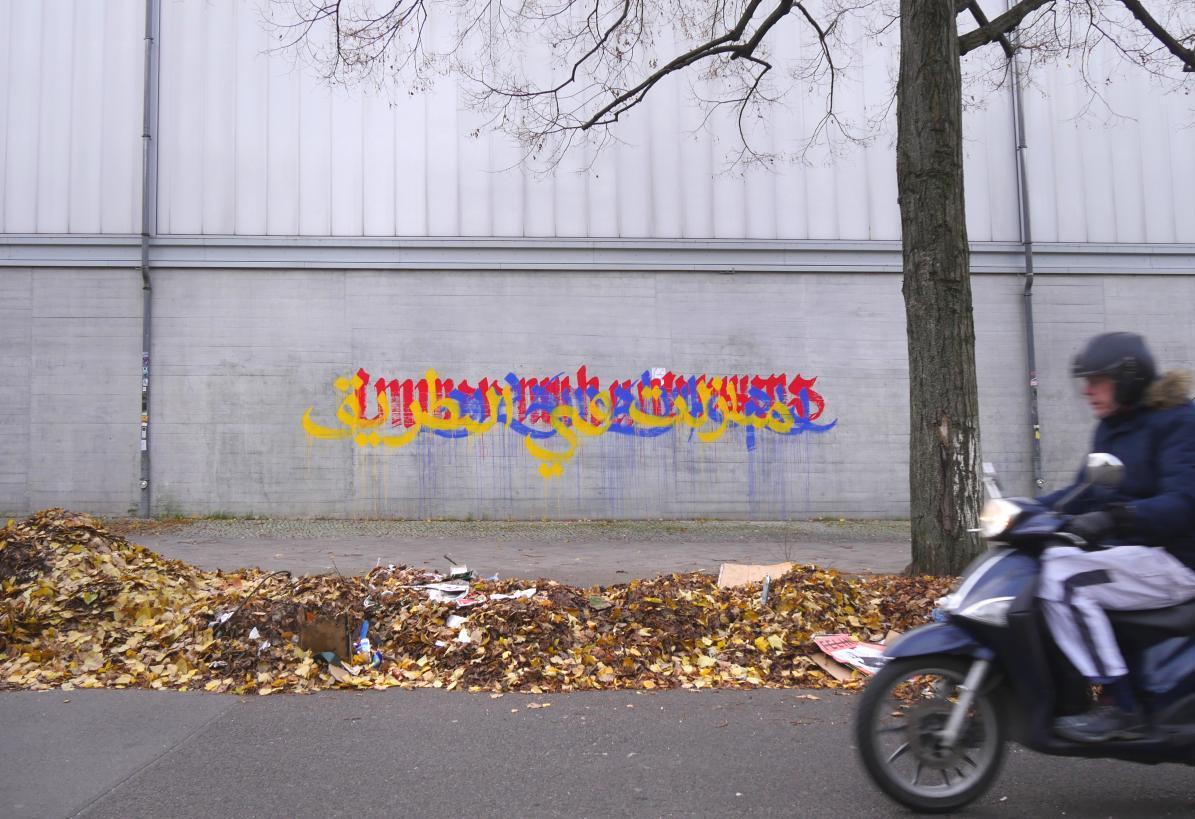
Six faculty members will receive a $250 research fund each to work on their modules during the 2022-2023 academic year.
Summary
With the objective of making translation studies a more visible fixture of the UW undergraduate curriculum, the Translation Studies Hub is thrilled to announce a grant for the development of short (2-4 instructional hours) translation-focused modules for existing courses, which do not in and of themselves focus on translation. This call enthusiastically encourages all colleagues in the humanities and humanistic social sciences interested in designing a thematically focused course module on translation to send us a 500-700-word proposal by October 10, 2022. Six faculty members will receive a $250 research fund each to work on their modules during the 2022-2023 academic year.
UW faculty across the humanities and humanistic social sciences are invited to design translation-centered modules that can be adopted into their regular and already-existing courses. These courses themselves do not need to be focused on translation: the objective of this grant is to increase translation literacy in existing curricular offerings. The UW Translation Studies Hub hopes to develop several 2-4 hour instructional modules (equivalent to half a week or a whole week of regular UW instruction), in which translation as theoretical approach and/or practice is foregrounded, in subject- and discipline-specific ways, in a range of courses already offered at the UW.
The following scenarios illustrate different kinds of potential proposals:
- A colleague in History wishing to dedicate 2-4 instructional hours of their course to matters of translation (by foregrounding, for example, translation’s centrality to the accessibility of primary sources taught in a History subject survey and the issues that arise from the supposed “untranslatability” of key terms in this or that cultural historical context).
- A colleague in Anthropology or Sociology, who writes and teaches in English on fieldwork conducted in a foreign language, who might foreground the question of translation in how they teach sources, methods, and thematic approaches.
- A colleague from any of the language departments—Slavic, Scandinavian, French & Italian, MELC, etc.—who teach undergraduate courses primarily in the English translation, encouraging students to think specifically about the promises and challenges of translation to their disciplines.
- A colleague from Cinema and Media Studies who wishes to foreground, for example, the role of subtitles in foreign-language films and TV series.
Requirements
In the 500-700-word proposal for a translation module:
- An outline of how foregrounding translation for 2-4 instructional hours would enhance one of the regularly offered courses that are not centrally focused on translation;
- A brief proposed reading list, ideally balanced between theoretical readings (relevant to the subject area and discipline of the participating faculty member) and primary sources (that help foreground translation as specific to the course and the department where the course is offered);
- Description of in-class activities for the module (i.e. discussion prompts, workshop ideas, assignments, and/or projects built on the appropriate secondary and primary sources and aimed at pedagogically foregrounding translation).
Deadline
Monday October 10th, 2022
Decisions will be announced shortly after the submission deadline. Grantees will be expected to design the proposed modules during the AY 2022-2023, during which they’ll be invited to participate in the pedagogy-centered seminars and events organized by the Translation Studies Hub.
How to apply
Please email your proposals in PDF format to Sasha Senderovich (senderov@uw.edu), Nancy Bou Ayash (nbayash@uw.edu), and Aria Fani (ariafani@uw.edu).
Image: "Unterwegs / On the Way" by Ella Ponizovsky Bergelson (2019, wall paint on concrete, Neukölln, Berlin). Part of a series of wall-writings created by Ella Ponizovsky Bergelson in 2018 and 2019 in many public places in Berlin. The multilingual text reads in German: 'Immer noch unterwegs', in Yiddish: 'נאך אונטערוועגן', and in Arabic: 'مازلت في الطريق', which translates into English: 'still on the way'. Read about the artist’s process here.